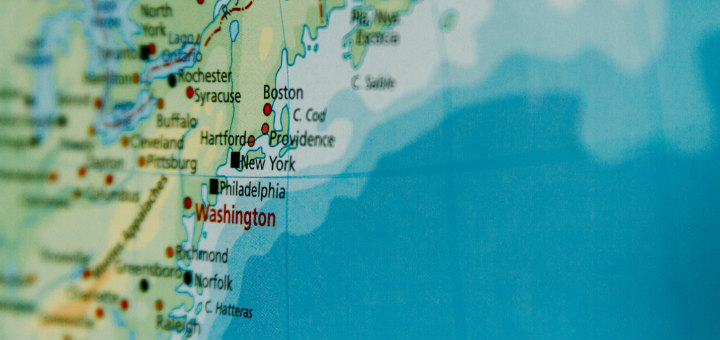A major utility in Massachusetts — Eversource Energy — is seeking to raise its distribution rates through regulatory approval. If accepted, this will increase utility bills significantly for electricity consumers in eastern and western areas of the state.
Why Increase Rates?
Eversource has stated that the rate hike would help them to recover $35.7 million in western and $60 million in eastern distribution rates.
While it is unclear the exact percentage increase for the proposed changes, Eversource has indicated that customers in eastern Massachusetts would see an increase of $8.45 per month on their bill. This would bring the average customer’s monthly bill to $129.43. For customers living in western parts of the state, the average consumer’s bill would increase by $11.64. This would bring the average monthly bill to a total of $126.52.
Funding for New Initiatives
In addition to the increase in distribution rates, the utility is also requesting several projects that will help them to roll out equipment for electric charging vehicle stations, improve the grid’s reliability, and initiate energy storage pilot projects. They require $400 million to implement their ‘Grid-Wise Performance plan’, which includes $45 million that will go towards electric charging stations.
Opposition from an Attorney General
Attorney General Maura Healey has commented that the Eversource rate hike represents a “fight against unjustified utility profits at the expense of customers.” She has also stated, “As a regulated public utility, Eversource is required to justify why the state should permit it to raise electric rates on residents and business customers. Our initial evaluation shows that Eversource should be returning profits to customers as savings, not raising rates. We urge the DPU to reject Eversource’s request for a rate hike.”
Healey has also noted that “Small changes in a company’s so-called “return on equity” can cost or save customers millions of dollars.”
Letter to the DPU
In addition to her statements, Healey has submitted a letter to the DPU calling for an investigation. The investigation should provide more insight into why allowed profits for Massachusetts’ utilities are higher compared to other nearby states. The letter said, “Massachusetts customers should not be paying millions more toward utility profits than customers in neighboring states.” The letter went on to state, “As the ratepayer advocate for the state, we must ensure best practices and a transparent process that is understandable to the public. Our office is calling on the DPU to conduct a comprehensive and public review of utilities’ allowed profits and to bring more clarity and openness to the rate-setting process.”
What Happens Next?
If approved, the new rates would take effect January 1, 2008. They would greatly impact small business owners and their ability to remain competitive. While it might not seem like consumers will have much of a choice, there is an option available in some areas of Massachusetts that might help to keep the cost of electricity low.
Massachusetts Electricity Deregulation
General utility bills in the United States have four main parts:
- Customer Service
- Distribution
- Power Supply
- Transmission
In states that have a regulated energy market, the utility is responsible for managing all elements of the utility bill from customer service to transmission. In states operating deregulated markets, the utility must allow companies known as electricity providers/suppliers to sell power supply services to customers.
In deregulated markets, customers have the option to choose their electricity provider.
Deregulated energy markets open the sale of power supply to competition. Therefore, in order to keep their customers satisfied, electricity providers are encouraged to keep their rates low and reasonable. If a customer is unhappy with their electricity provider, they have the option to switch to a different one.
Massachusetts & Energy Deregulation
In Massachusetts, energy deregulation started in March 1998. The state currently has three utilities that participate within a deregulated energy market. Those include:
- NSTAR
- Massachusetts Electric
- Western Massachusetts Electric
For consumers living in areas where one or more of the above utilities provides service, they have the option to choose their electricity provider.
Some electricity providers in Massachusetts include:
- Direct Energy
- Think Energy
- Oasis Energy
- Constellation
- Clearview Energy
- Xoom Energy
Unfortunately, customers potentially affected by the Eversource rate increase are not able to choose an alternative provider. As time goes on, the hope is that more regulated energy markets in Massachusetts will open up and become deregulated.

